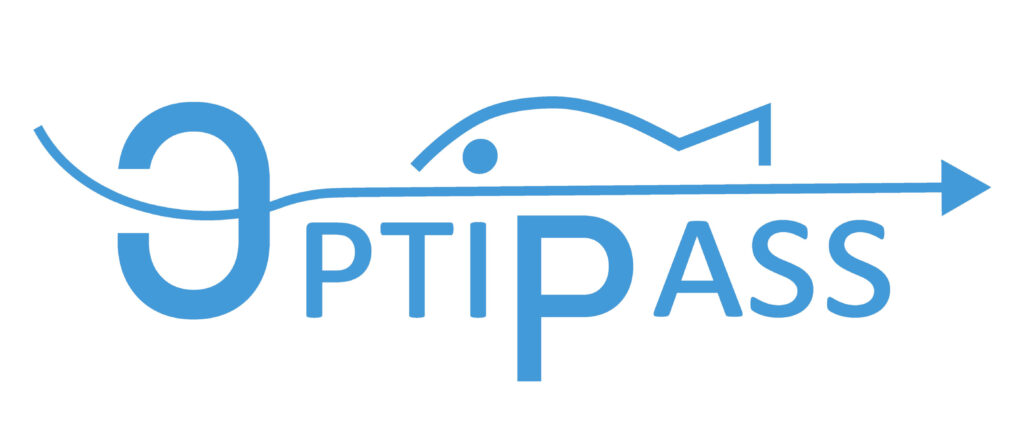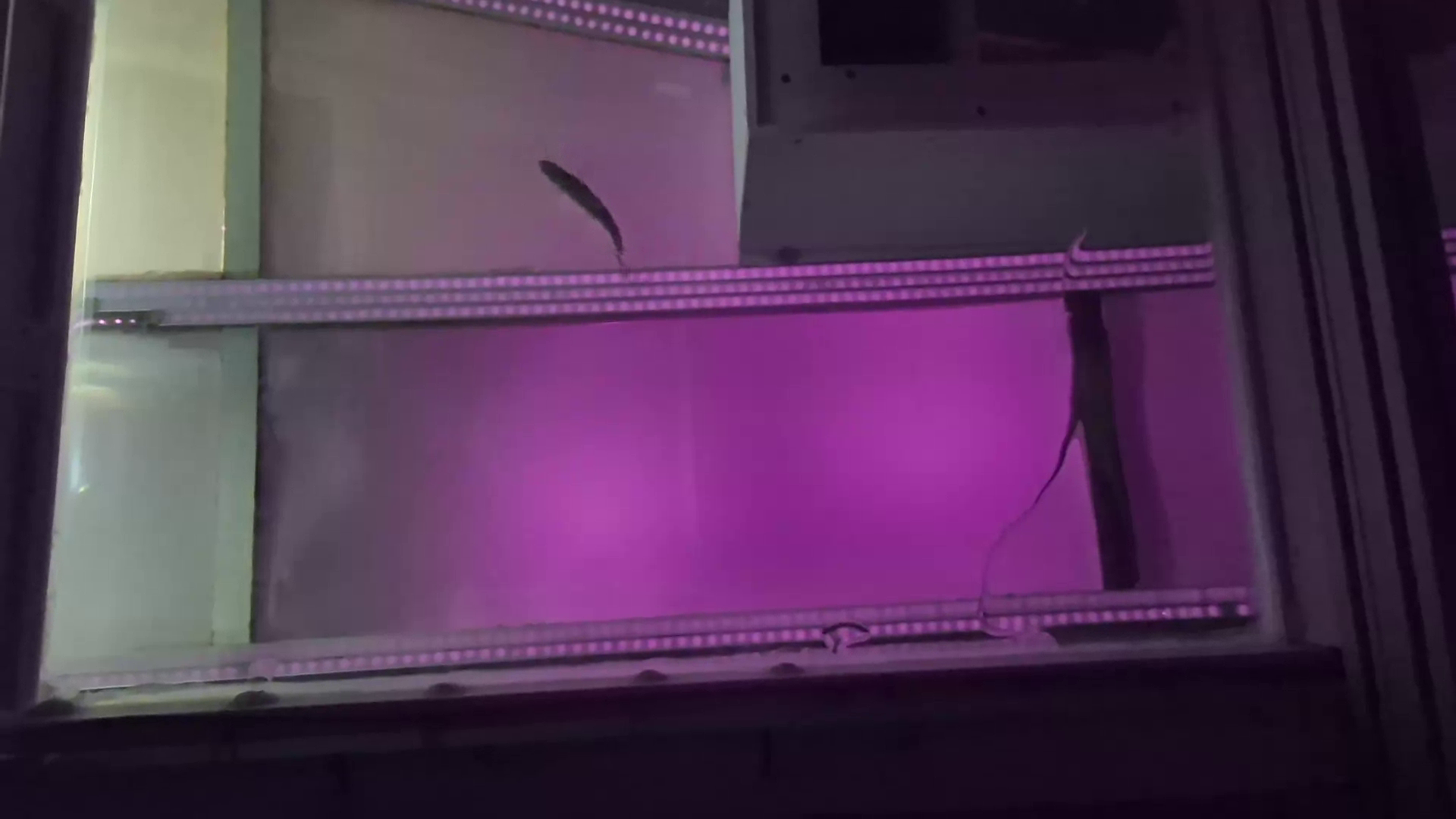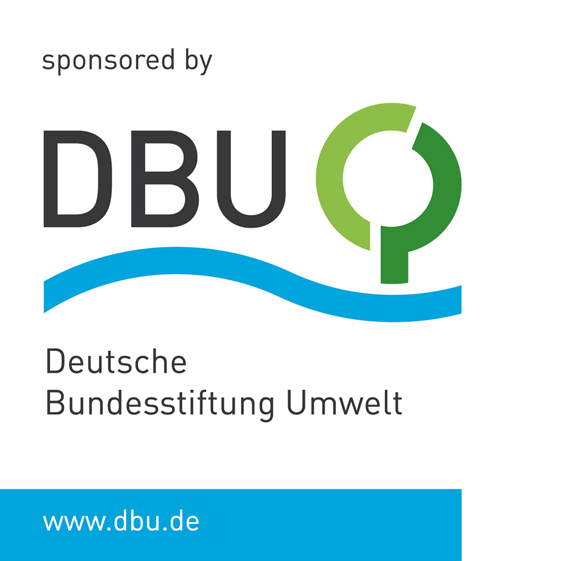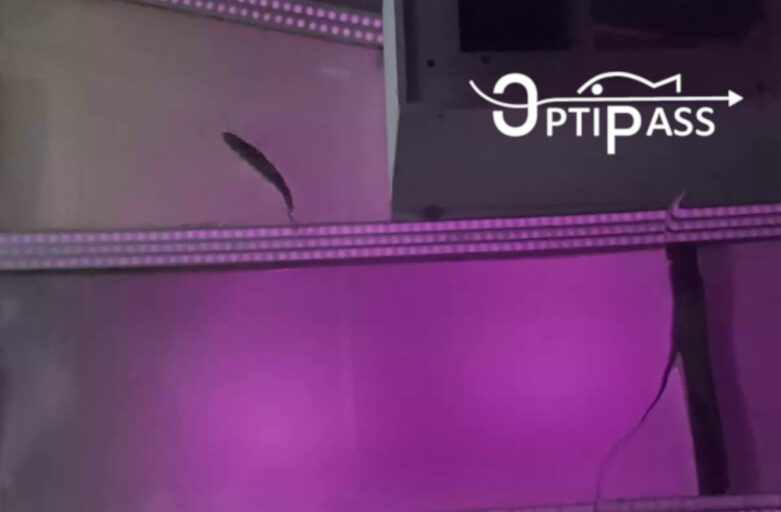
The IGF, in collaboration with its partners IWD of TU-Dresden and SJE GmbH, launched a new DBU-funded research project to investigate the impact of hydraulic conditions on the avoidance behavior of fish at fish downstream bypasses. The project, named “OptiPass”, combines ethohydraulic experiments in the laboratory in a 1:1 model with fish migration studies in the field. The quantitative behavioral analysis is based on video tracking by using mathematical algorithms. This approach ensures high reproducibility of the results. The aim is to identify general behavioral patterns of fish from the Cyprinoidea species in areas where flow velocities accelerate to find general threshold values for the flow gradient (Spatial Velocity Gradient – SVG) which ensure high and fast bypass acceptance. The first ethohydraulic experiments with the target species Barbel have already been successfully completed in the test facility of the IWD (TU-Dresden). Click here for a video showing avoidance behaviour of a barbel at the bypass entrance in our experimental setup.

Preparations for the field experiments at hydropower plant (HPP) on the Koksu River Shakimardan (Uzbekistan) are currently running at full capacity. The HPP was planned by our colleagues from the Hydro4U project. The design of the system is in line with the state of the art including fish protection screen, bypass and fish ladder.

We are excited to see the results of the first investigation campaign!


